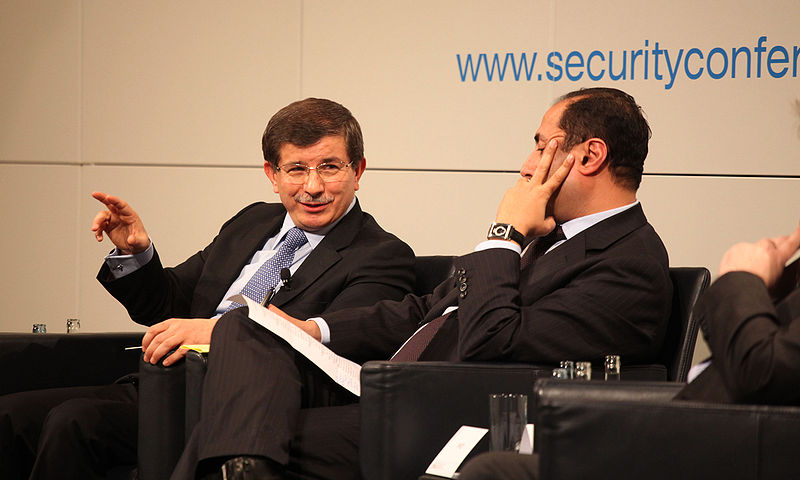You are here: TransConflict » News Archive » Turkey – a welcome return to the Balkans?
Turkey – a welcome return to the Balkans?
Though Turkey – which is seeking to re-build its once flourishing Ottoman-era ties with most Balkan states – is increasingly portrayed as a reliable business partner, rather then an aggressive and neo-imperialist player, further steps are required to ease anxiety towards its policies.
By Gergely Nagy“The next century will be a Turkish century” – claimed Turgut Ozal, then president of Turkey in 1992. The much-loved Turkish politician either had an extraordinary sense for foreign policy, or perhaps it was just enthusiasm that lead him to say this. Nonetheless, Ozal quite accurately predicted Turkey’s international rise at the beginning of the twenty-first century. Ahmet Davutoglu, the current Turkish foreign minister, reiterated a similar vision in 2009 in Sarajevo, when he stated that “the Ottoman centuries of the Balkans were success stories. Now we have to reinvent this”. Davutoglu’s words highlight a slightly different, yet more pronounced view on Turkey’s reinvented and reformulated foreign policy. The “visionary” Turkish FM aims high. This reinvention, however, does not come as a surprise, with the current Turkish government – particularly since the Justice and Development Party (AK Party) came to power in 2002 – systematically building a new foreign policy for almost a decade.
This new foreign policy builds upon several previously non-existent elements – also present in Turkey’s approach to the Balkans – and consists of various concepts defined by Turkish politicians, including a “zero problems” policy, rhythmic diplomacy and multidimensionality. There is also an emphasis on the positive aspects of Ottoman heritage and Turkey’s geopolitical importance, using Turkish soft power capabilities to establish peace and prosperity in neighbouring regions and creating win-win situations. Aside from actively and successfully engaging in international organisations, such as the Organisation of The Islamic Conference (OIC) and the United Nations (UN) Security Council, Turkey has also promoted its “conservative democracy” as a model for transforming Arab societies throughout the Middle East.
Ahmet Davutoglu has been the engine behind Turkey’s foreign policy (Wikimedia Commons:/Kathrin Möbius)
Critics say that all these elements add up to neo-Ottomanism – a highly-disputed term which claims that Turkey has disregarded its Western values, is turning away from the West and seeking alternative channels of support for its political and diplomatic actions. The emphasis on neo-Ottomanism’s Middle East and, disputedly, Islamic policies, is used to fuel debate about Turkey’s Westernness and Islamic values. The current AK Party government is certainly more appealing to religious crowds, with the majority of its female members wearing head-scarves – a divisive issues in itself – but this does not mean that Turkey is turning its back on the West..............................................more see:http://www.transconflict.com/2012/01/turkey-a-welcome-return-to-the-balkans-031/

No comments:
Post a Comment